How Many Teeth Do Adults Have? A Complete Guide to Human Teeth Count
How many teeth do adults have? A normal adult typically has 32 teeth, divided into four main groups: incisors, canines, premolars, and molars. These teeth play essential roles in chewing, biting, and even speech.
While most adults have 32 teeth, this number can vary due to wisdom teeth removal or natural variations such as missing teeth. Before developing adult teeth, children first have a set of 20 primary (baby) teeth, which eventually fall out and are replaced.
In this guide, we’ll explore adult teeth number, the distribution of teeth in the upper and lower jaws, the differences between baby and adult teeth, and the effects of tooth loss.
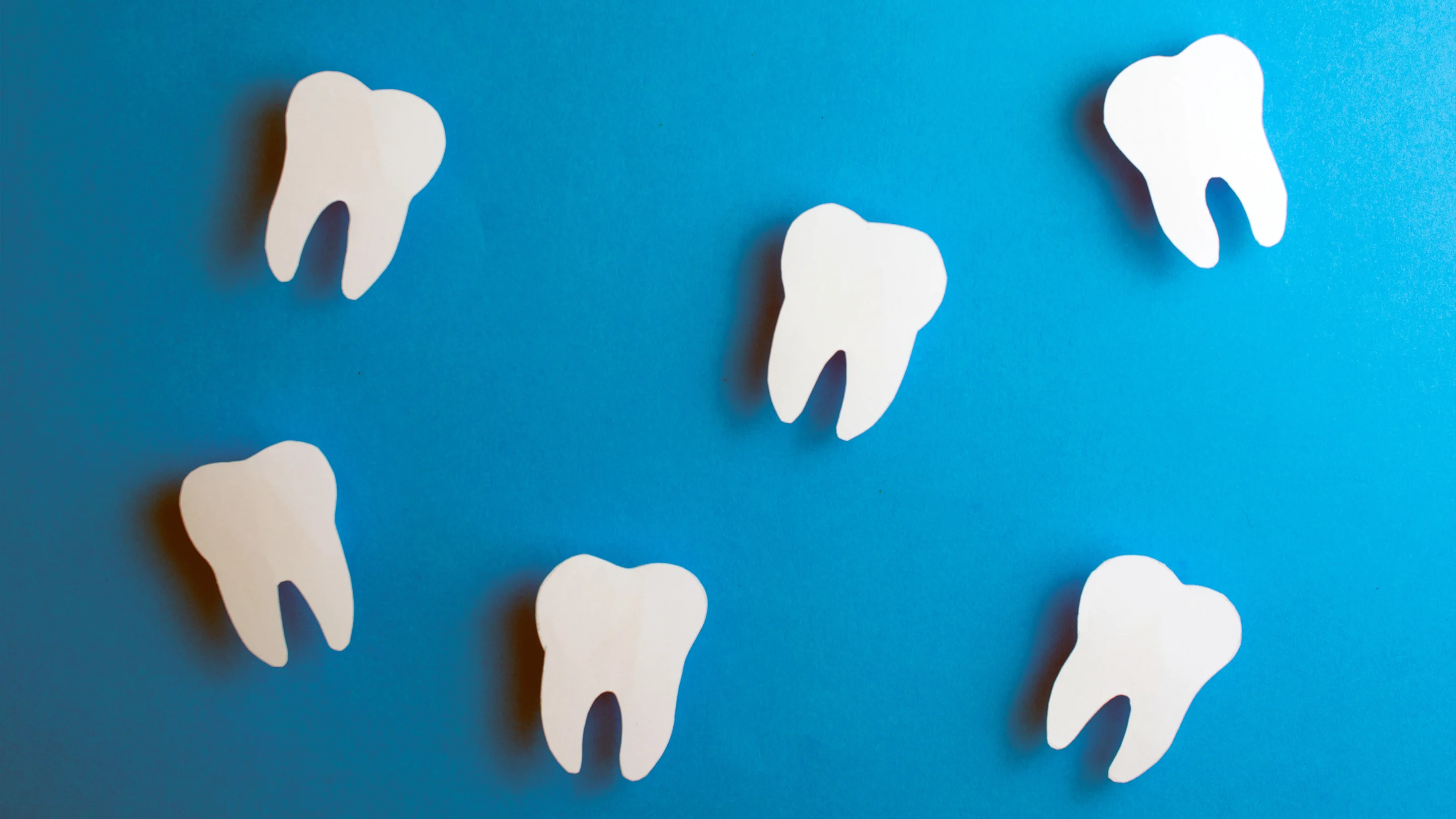
Number of Teeth in Humans
The number of teeth in humans changes throughout life. Babies are born without teeth, but by the age of three, they typically develop a full set of 20 baby teeth. These are gradually replaced by adult teeth, leading to a complete set of 32 permanent teeth in most people.
There are four types of human teeth:
- Incisors (8 total): Located at the front of the mouth, these teeth are used for cutting food.
- Canines (4 total): Pointed teeth designed for tearing and ripping food.
- Premolars (8 total): Help with grinding and chewing food.
- Molars (12 total, including wisdom teeth): Located at the back of the mouth, molars are responsible for crushing and chewing food.
The teeth count in adults can vary due to factors like genetics, missing teeth, or wisdom teeth extraction. Some people are born with extra or missing teeth, making their adult teeth number different from the usual 32.
How Many Teeth Do Adults Have? Exploring the Normal Amount of Teeth
How many teeth do adults have? Most adults have 32 teeth, evenly distributed in the upper and lower jaws. This is considered the normal amount of teeth, but individual variations exist, particularly regarding wisdom teeth.
Here’s the typical distribution of adult teeth:
- Upper jaw: 16 teeth
- Lower jaw: 16 teeth
- Total: 32 teeth
Some adults may have fewer teeth due to congenital conditions, trauma, or tooth extractions. Others may retain all their wisdom teeth, bringing their total to 32. Understanding the adult teeth number is essential for maintaining good oral health, as missing or extra teeth can affect chewing and alignment.

How Many Top and Bottom Teeth Do Adults Have?
How many top teeth do adults have? A fully developed adult typically has 16 teeth in the upper jaw (maxilla) and 16 teeth in the lower jaw (mandible), making a total of 32 teeth. These teeth are evenly distributed to ensure efficient chewing, biting, and speech.
Upper Jaw (Top Teeth) Count
The 16 top teeth are divided into four categories:
- 4 incisors – Two central and two lateral incisors for cutting food.
- 2 canines – Pointed teeth designed for tearing food.
- 4 premolars – Help in grinding food before swallowing.
- 6 molars (including wisdom teeth) – Used for crushing and chewing food.
Lower Jaw (Bottom Teeth) Count
Similarly, the 16 bottom teeth follow the same pattern:
- 4 incisors
- 2 canines
- 4 premolars
- 6 molars (including wisdom teeth)
If wisdom teeth are removed, adults may have only 28 teeth (14 on top and 14 on the bottom). Understanding how many teeth adults have on top and how many bottom teeth do adults have is crucial for dental health assessments and treatments.
How Many Baby Teeth Do Children Have Compared to Adults?
How many teeth do children have compared to adults? Children have 20 baby teeth, also known as primary teeth or milk teeth, whereas adults have 32 permanent teeth. Baby teeth start emerging around 6 months of age and continue developing until about age 3.
Baby Teeth Count and Distribution
A child’s mouth contains:
- 8 incisors (4 on top, 4 on bottom)
- 4 canines (2 on top, 2 on bottom)
- 8 molars (4 on top, 4 on bottom)
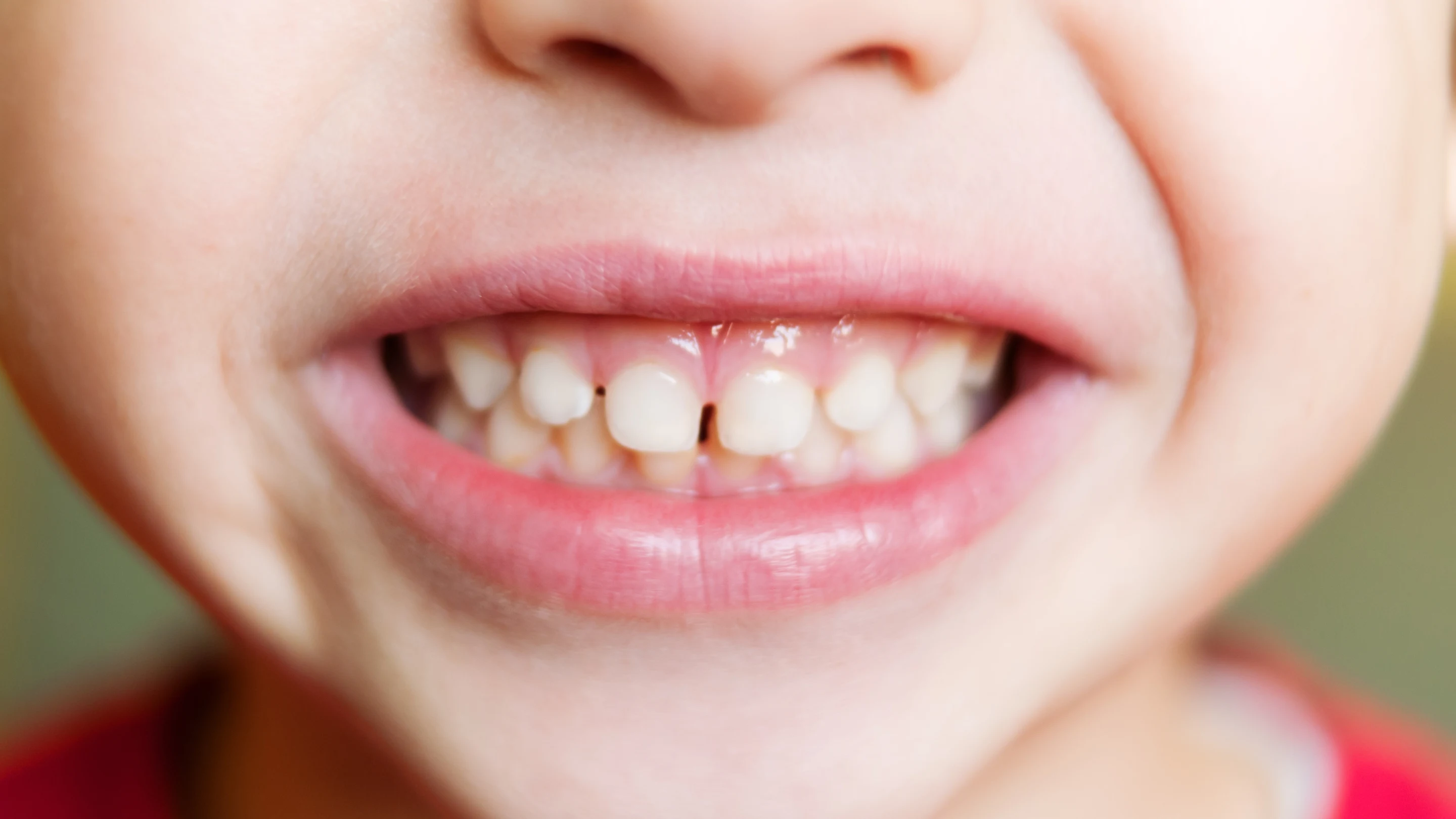
Unlike adults, children do not have premolars—these develop only after baby molars fall out. Around age 6-7, baby teeth begin to shed and are replaced by permanent teeth. By the late teenage years, most individuals will have all their adult teeth, except for wisdom teeth, which may appear later.
Since how many baby teeth a child has affects their oral development, proper dental care during childhood ensures a healthy transition to adult teeth.
Wisdom Teeth and Their Impact on Adult Teeth Count
Wisdom teeth, also known as third molars, are the last set of teeth to emerge, typically appearing between ages 17 and 25. While most adults have four wisdom teeth (one in each corner of the mouth), some people have fewer or none at all due to genetics.
How Wisdom Teeth Affect Teeth Count
- If all four wisdom teeth emerge properly, an adult will have 32 teeth.
- If wisdom teeth are impacted (trapped under the gums) or extracted, the total count may drop to 28.
- Some individuals naturally lack one or more wisdom teeth, reducing their adult teeth number.
Complications of Wisdom Teeth
Wisdom teeth can cause crowding, pain, and infection if there is not enough space in the mouth. Many dentists recommend removing them to maintain a healthy teeth count and prevent misalignment.
Tooth Loss and Variations in Adult Teeth Number
Not all adults retain all their teeth throughout life. Various factors, such as genetics, trauma, disease, or dental extractions, can lead to variations in the total adult teeth number.
Common Causes of Tooth Loss
- Tooth Decay & Cavities – Severe decay can lead to tooth extractions.
- Gum Disease (Periodontitis) – Infection can weaken the gums and bones, leading to tooth loss.
- Injuries & Accidents – Physical trauma can knock out or damage teeth.
- Congenital Absence – Some people are born missing certain teeth (a condition called hypodontia).
- Wisdom Teeth Removal – Many adults have their wisdom teeth removed, reducing their total teeth count from 32 to 28.
How Many Teeth Are Considered Normal in Adults?
While 32 teeth is the standard, many adults live comfortably with 28 teeth if their wisdom teeth are removed. Some may even have fewer due to extractions or missing teeth, but with proper dental care, they can still maintain a healthy bite and smile.How to Maintain a Healthy Teeth Count Throughout Life
Preserving a full set of adult teeth is essential for proper chewing, speech, and overall oral health. Here are some key steps to maintain a healthy teeth count throughout life:
1. Practice Good Oral Hygiene
- Brush twice a day with fluoride toothpaste.
- Floss daily to remove plaque between teeth.
- Use antibacterial mouthwash to reduce bacteria buildup.
2. Visit Your Dentist Regularly
- Get professional cleanings every six months.
- Check for early signs of gum disease and tooth decay.
- Ask your dentist about preventive treatments, such as fluoride applications or sealants.
3. Maintain a Healthy Diet
- Eat foods rich in calcium, vitamin D, and phosphorus to strengthen teeth.
- Avoid excessive sugar and acidic foods to prevent cavities.
- Drink plenty of water to wash away food particles and bacteria.
4. Protect Your Teeth
- Wear a mouthguard during sports to prevent injuries.
- Avoid using teeth as tools (e.g., opening packages).
- Consider night guards if you grind your teeth while sleeping.
By following these steps, you can keep your normal amount of teeth intact and ensure a lifetime of strong and healthy teeth.
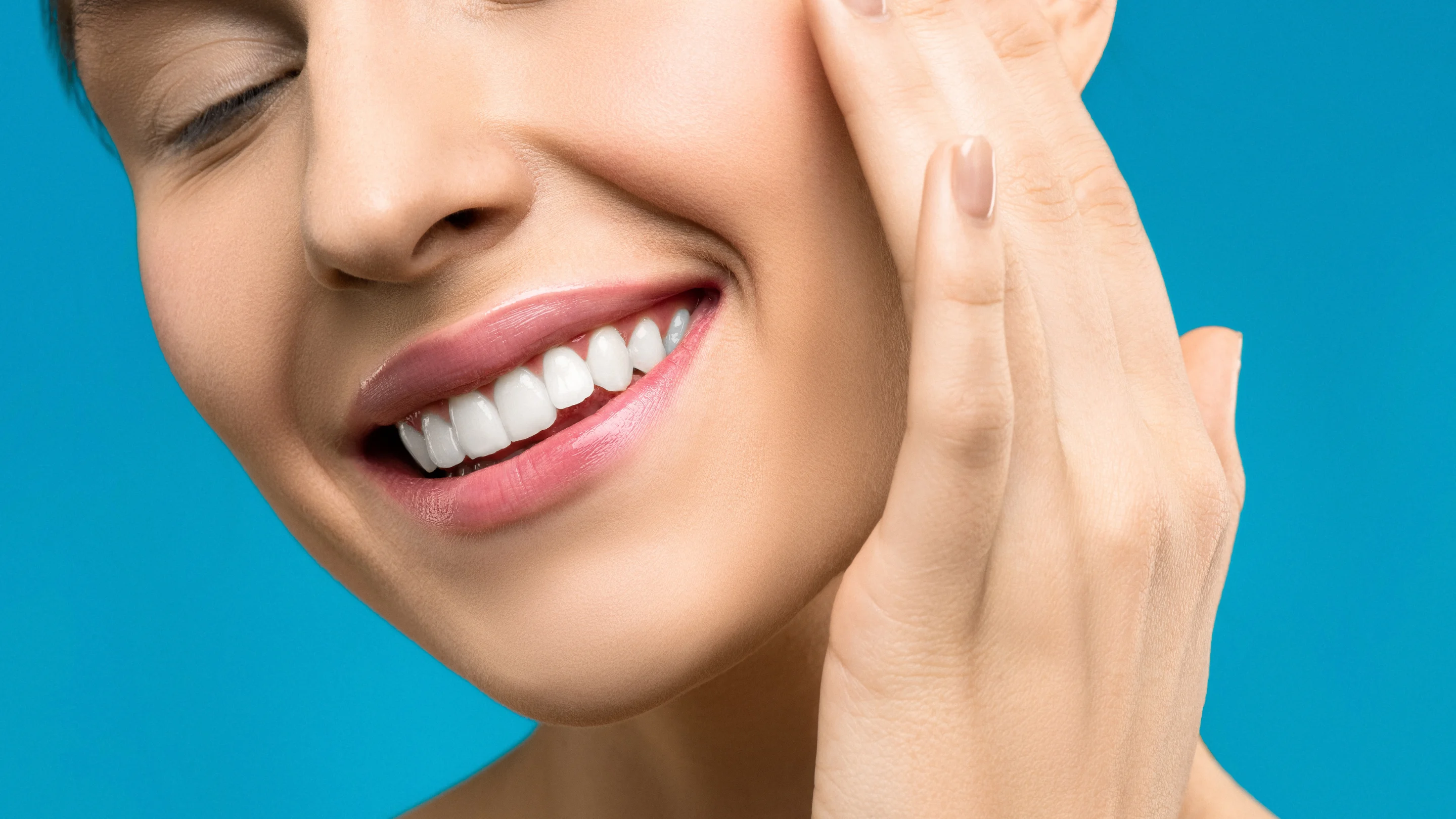
Final Thoughts
Understanding how many teeth adults have and how to maintain them is crucial for lifelong oral health. While the standard adult teeth number is 32, many people have 28 teeth due to wisdom teeth removal. Tooth loss can also occur from factors like decay, injury, or genetics, but with proper care, you can preserve your teeth count and overall dental health.
For the latest advancements in AI for dental diagnostics and care, check out our homepage to explore how artificial intelligence is transforming oral health!
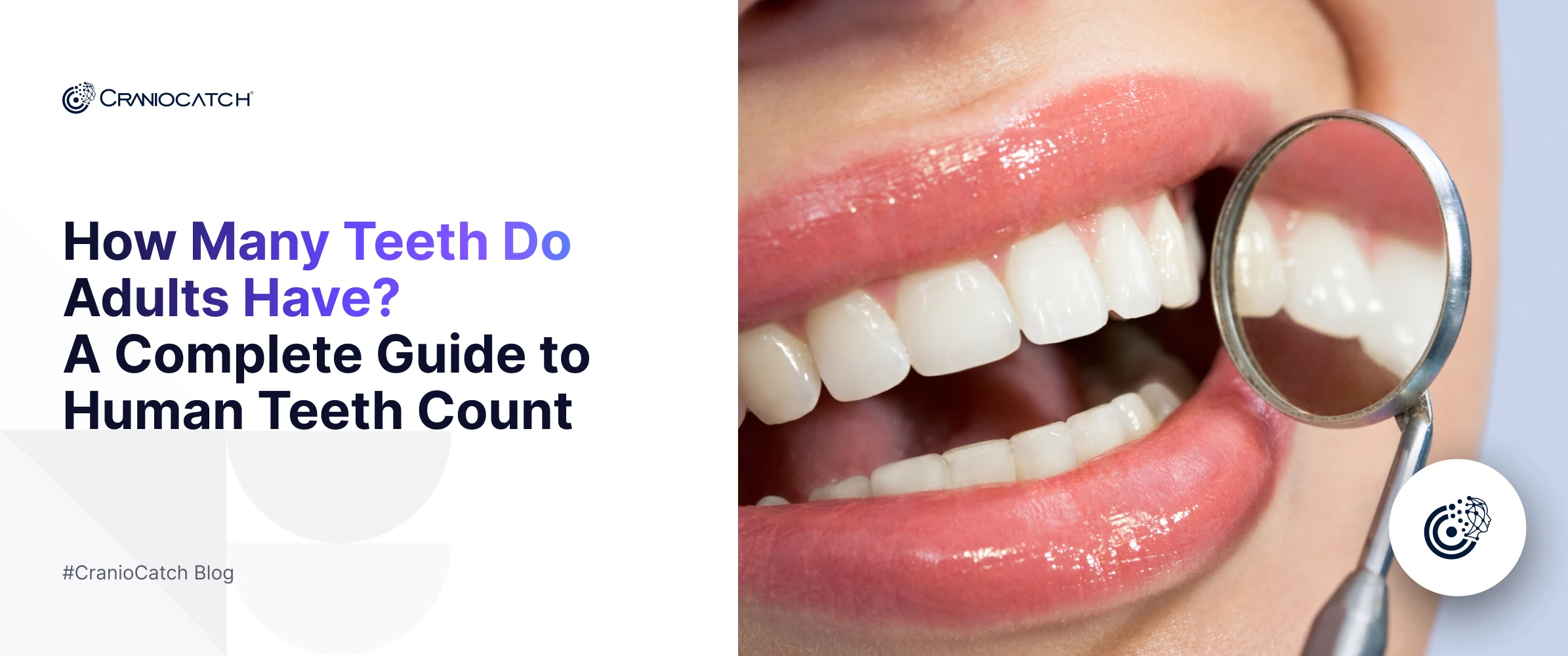

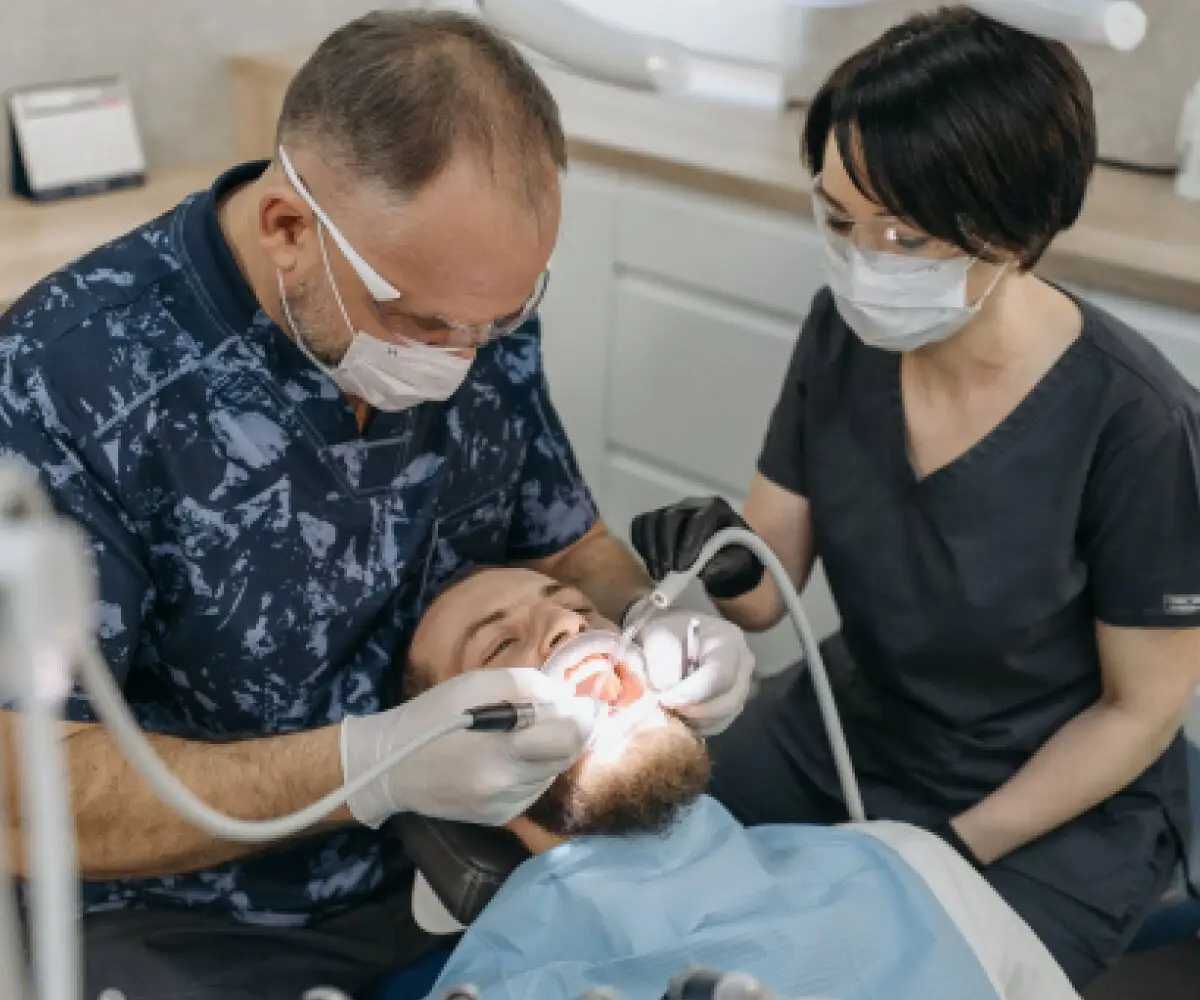

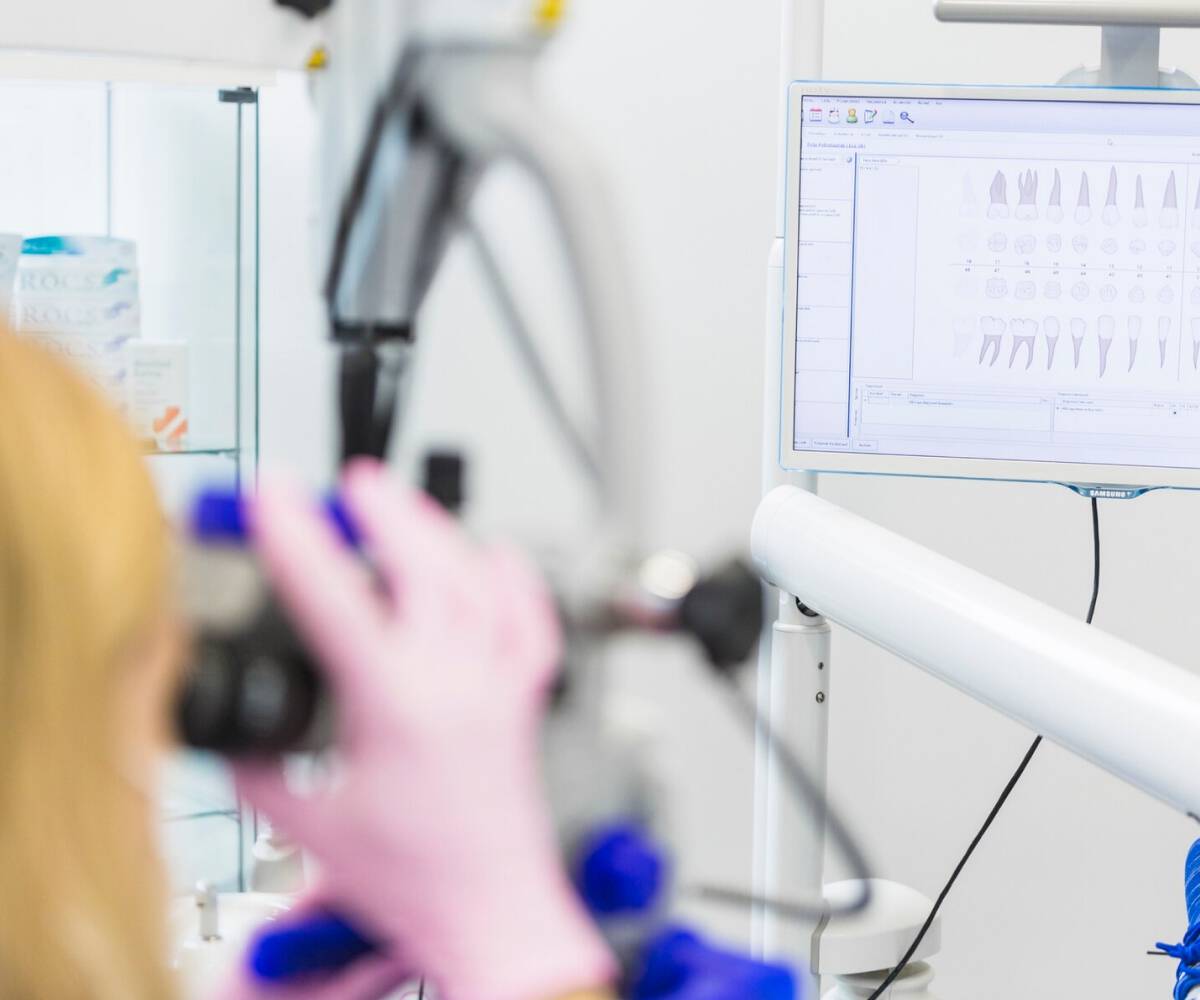
 Contact Us
Contact Us

